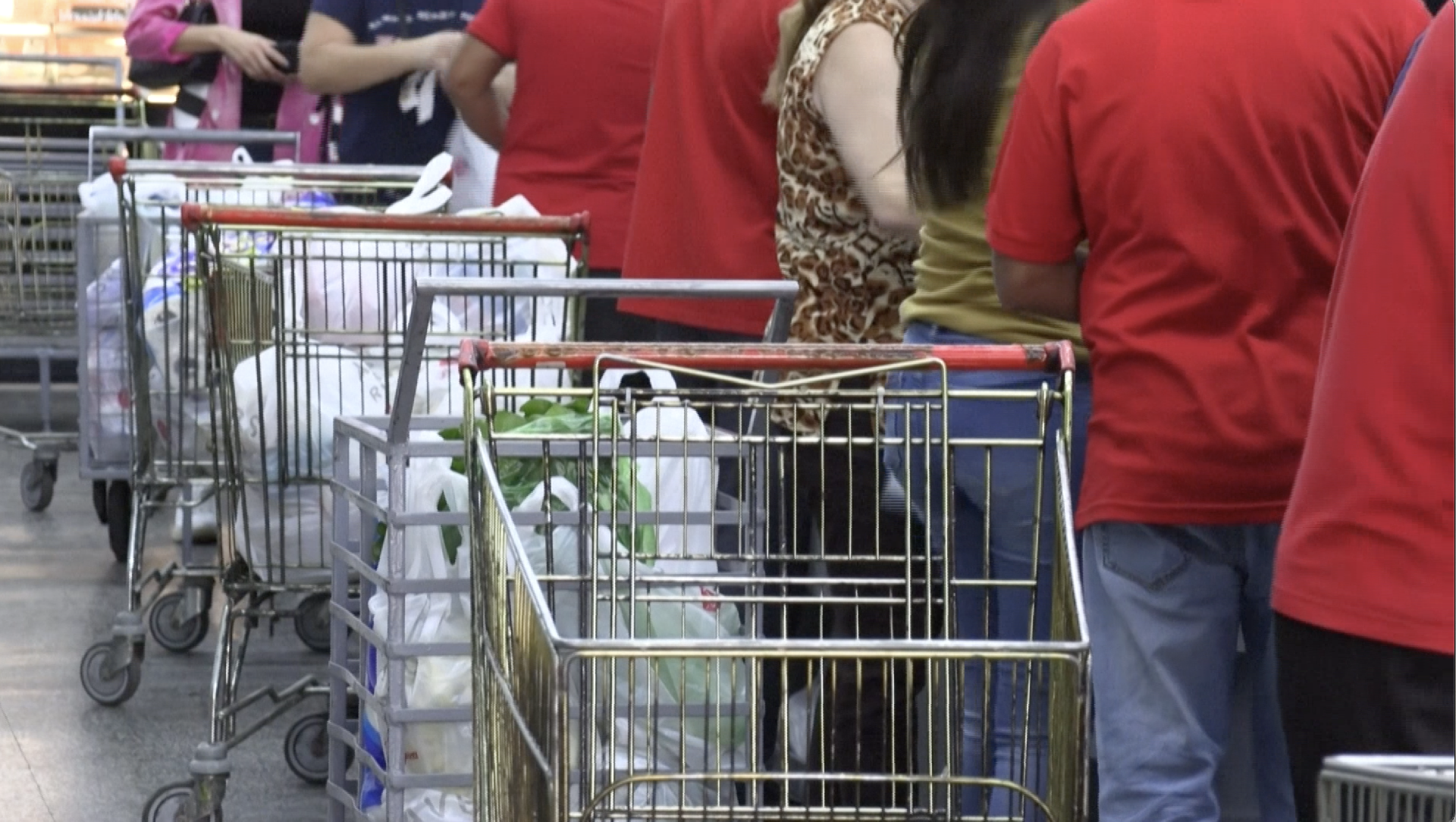
The war has reshaped the lifestyle and consumption patterns of the Lebanese, while also giving rise to a new social class: the internally displaced communities.
Many Lebanese have begun purchasing fruits and vegetables individually, a practice rarely seen in a culture that traditionally favors buying by the kilo. Grocery baskets have shrunk in both quantity and variety. Testimonies from mothers gathered by This is Beirut reveal a shift toward prioritizing legumes, which are more affordable than meat, poultry, and their derivatives. Rich in fiber and protein, legumes provide a quicker sense of fullness. In short, the struggles of forced displacement under bombardment, mass unemployment, and soaring inflation have drastically reshaped the food spending habits of Lebanese families.
Increase in Food Prices
According to the Ministry of Economy, food prices have risen by approximately 11% over the past year, from October 2023 to October 2024. Some items have seen even more substantial increases: meat and its derivatives rose by 14%, while poultry and its products jumped by nearly 20%. However, this rise varies by region, with particularly high prices in areas hosting displaced people or in regions with predominantly middle- to high-income households.
Weak Consumption Outlook
In a report on the consumption and retail sector, the financial research agency Fitch Solutions predicts weak prospects through 2025. The conflict between Israel and Hezbollah is prompting households to reassess their budget priorities. Real household spending, adjusted for 2010 prices, is projected to be 30% lower than in 2019, before the onset of the economic and health crises.
Despite a forecasted 1.9% increase in real spending in 2025, this growth is primarily driven by very low base effects. Fitch Solutions has also revised its initial projections downward, which had estimated a 2.8% growth before the escalation of the conflict in September 2024. These forecasts align with country risk assessments, which predict a 4% economic growth in 2025, following a sharp 18% contraction in 2024 due to the intensifying conflict.
Income Pressures
Displaced households will face rising basic expenses (food, housing, and services). To cope with increased pressure on their incomes, these households will rely on their savings or financial transfers from abroad, which will partially sustain their consumption.
Conversely, non-displaced households will drastically reduce non-essential spending. They will focus on purchasing and stockpiling essential goods (food, beverages, medications) while also aiming to boost their savings in anticipation of potential future crises.




Comments